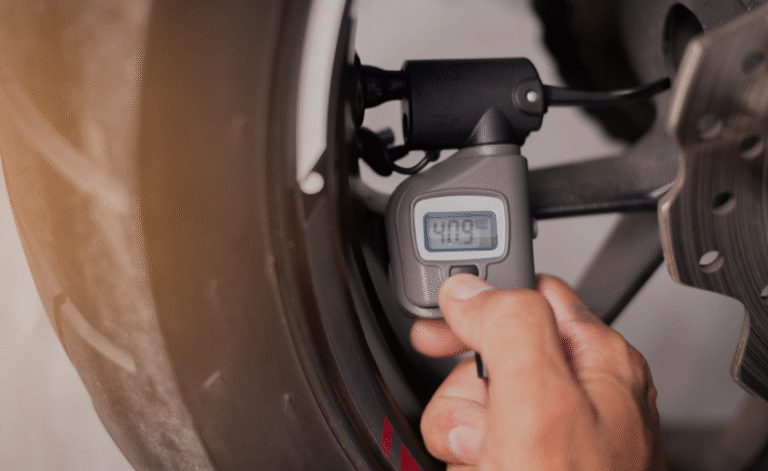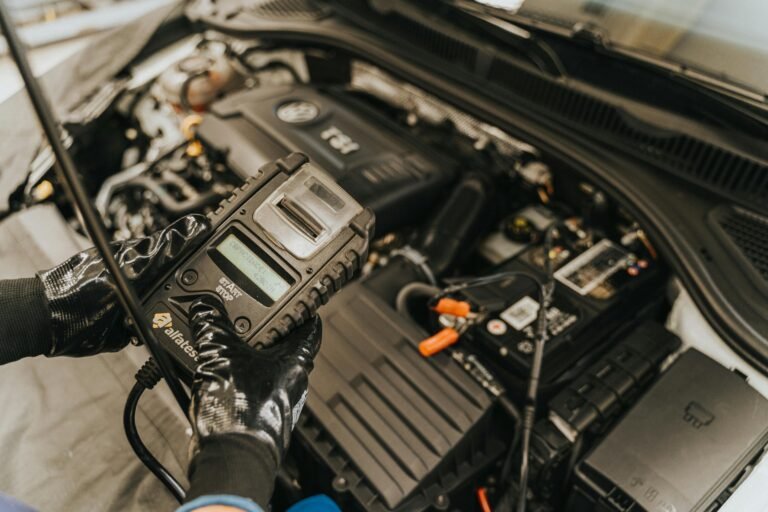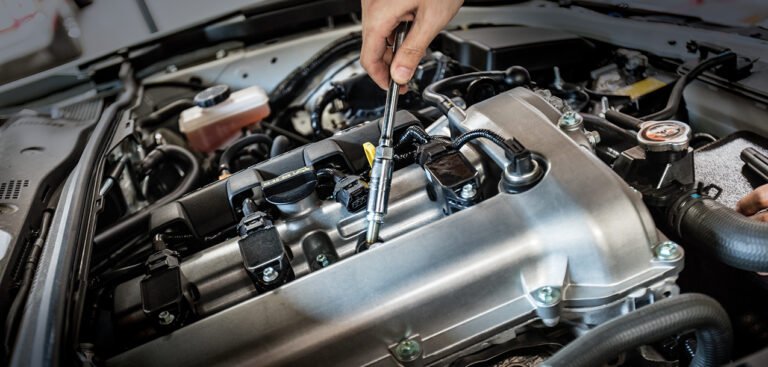Why Is My Engine Shaking?
A smooth-running car should never feel like it’s trembling beneath you. If you’ve noticed engine shaking, you’re not alone—this is one of the most common complaints drivers experience. While it may start as a light vibration, ignoring it can lead to bigger (and more expensive) repairs. Let’s break down what causes engine shaking, how to identify the issue, and what you can do to fix it.
What Does Engine Shaking Feel Like?
Engine shaking can feel different depending on the cause:
- A rough idle where the car vibrates even when standing still
- Shaking when you accelerate
- Vibrations that worsen at higher speeds
- A clunking or rattling sound paired with movement
These signs can point directly to your engine or to related parts like mounts, spark plugs, or the fuel system.
Common Causes of Engine Shaking
1. Worn or Faulty Spark Plugs
When spark plugs wear out, the engine doesn’t ignite fuel properly. This leads to engine misfires, causing noticeable shaking, poor acceleration, and sometimes reduced fuel efficiency.
2. Fuel Delivery Problems
Your engine needs the right amount of fuel to run smoothly. Clogged fuel injectors, a bad fuel pump, or a dirty fuel filter can cause the car to jerk or shake—especially when accelerating.
3. Damaged Engine Mounts
Engine mounts hold the engine in place and absorb vibration. When they wear down, you may feel excessive shaking during idling, accelerating, or braking. In severe cases, you might even hear a clunking sound.
4. Vacuum Leaks
Modern engines rely on a vacuum system to operate correctly. A leak in one of the vacuum hoses can throw off the air-fuel ratio, leading to rough idling and shaking.
5. Mechanical Failures
Worst-case scenario: internal engine damage. Loose components, bent rods, or worn bearings can all make the engine vibrate heavily. These issues require immediate professional repair.
How to Diagnose Engine Shaking
- When does it happen? At idle, accelerating, or braking?
- Where do you feel it most? Steering wheel, seats, or the whole vehicle?
- Are there other symptoms? Warning lights, strange noises, loss of power.
Keeping track of these details will help your mechanic diagnose the issue faster.

What To Do if Your Engine Is Shaking
- Don’t ignore it – Small issues can quickly become major engine damage.
- Check the basics – Inspect spark plugs, engine mounts, and air filters if you have basic car knowledge.
- Visit a trusted mechanic – Professional diagnostics ensure the real cause is fixed, not just masked.
Can You Drive With a Shaking Engine?
It’s never a good idea to keep driving when your engine is shaking. Not only does it make your ride uncomfortable, but it can also put stress on other parts of your vehicle, leading to more expensive repairs down the line.
Preventing Engine Shaking
- Follow your vehicle’s maintenance schedule
- Replace spark plugs on time
- Use high-quality fuel and change filters regularly
- Have mounts and suspension checked during routine services
Final Thoughts
If you notice your engine shaking, treat it as a red flag. Whether it’s worn spark plugs, fuel delivery issues, or failing mounts, early detection is key. A quick visit to a professional mechanic can save you money, protect your engine, and restore that smooth ride.
Stop ignoring the shakes—fix them before they turn into major breakdowns.
FAQs About Engine Shaking
Q: Why does my car shake when idling?
A: This is often caused by worn spark plugs, vacuum leaks, or engine mount problems.
Q: My car shakes only when accelerating—what’s wrong?
A: Likely a fuel system issue, such as clogged injectors or a failing fuel pump.
Q: How much does it cost to fix engine shaking?
A: Costs vary—from $100 for spark plug replacement to $500+ for mounts or thousands if it’s serious engine damage.





[…] or rattling from under the hood, it’s natural to worry. If you’ve ever asked yourself, “Why is my engine shaking?”, the answer could be a range of issues—from something minor like worn spark plugs to something […]